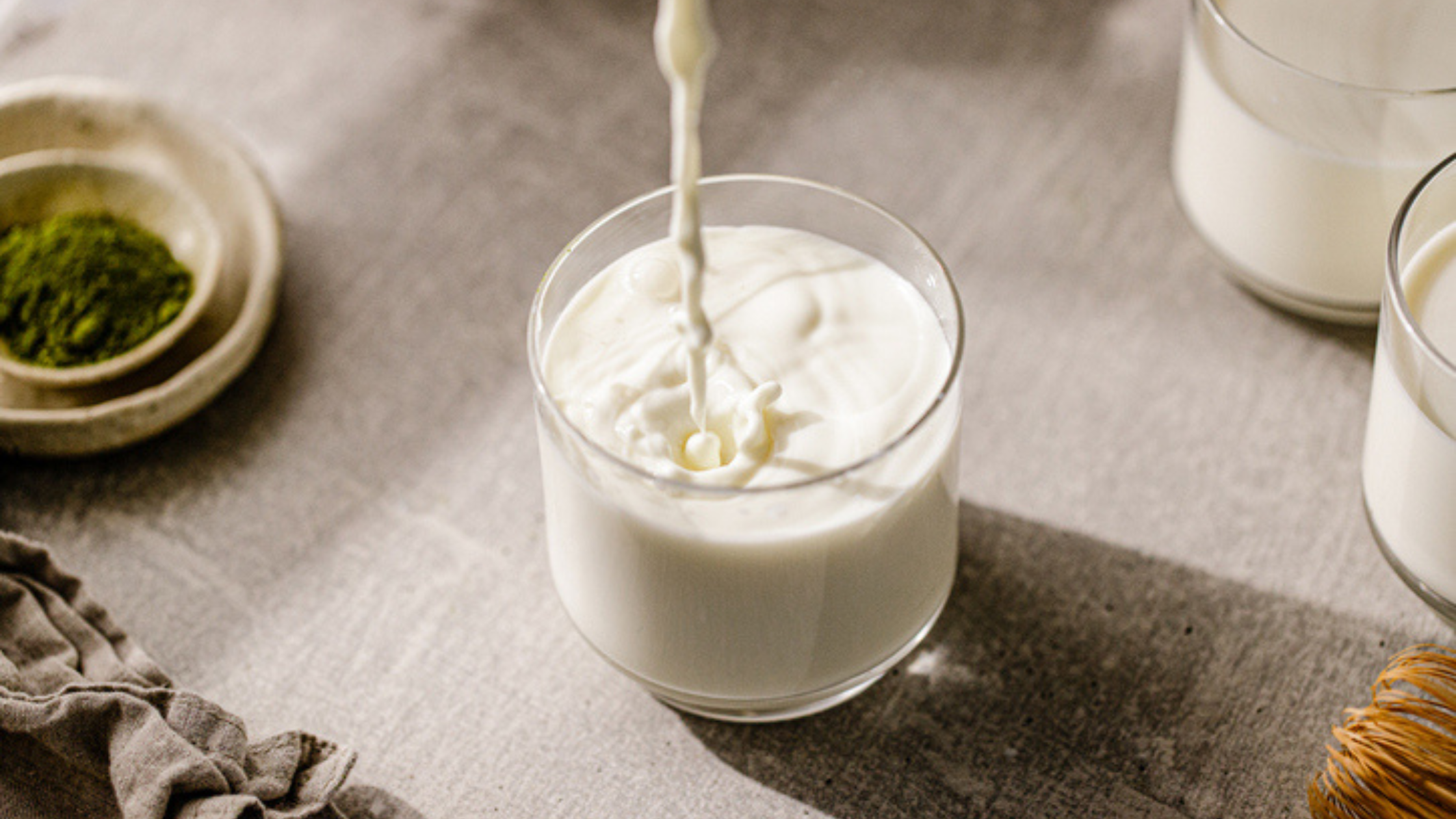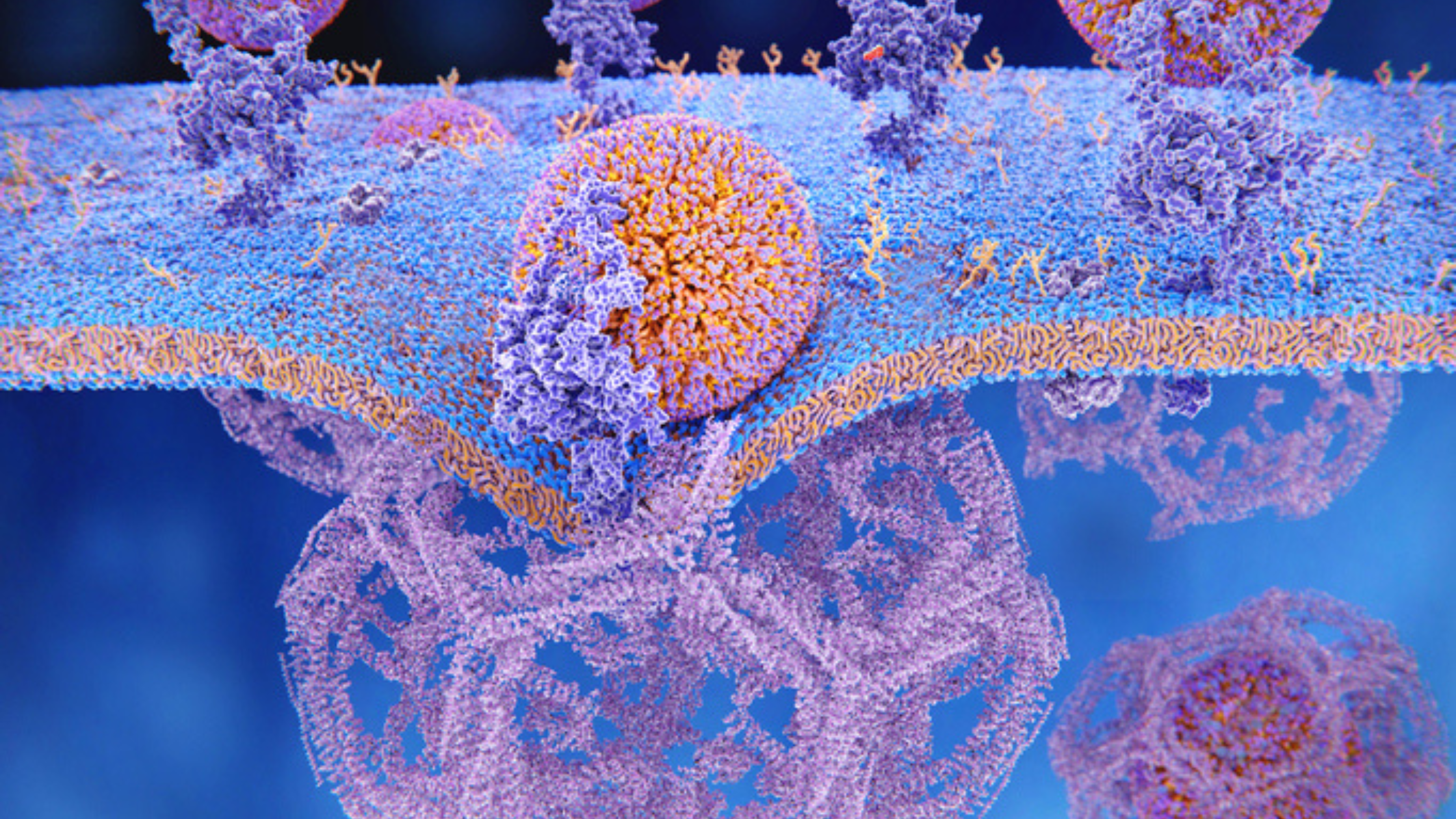Erectile dysfunction (ED) is more than just an occasional inconvenience—it can be a persistent issue that profoundly affects a man’s confidence and quality of life. As men age, the prevalence of ED increases, making it a topic of growing importance.
But there is hope. With advancements in medical science and lifestyle interventions, managing and even overcoming ED is within reach. This article explores the underlying causes of ED, particularly how ageing contributes to it, and offers practical solutions to improve erectile function at any age.
Defining Erectile Dysfunction
ED is the inability to achieve or maintain an erection sufficient for satisfactory sexual performance. It’s a common issue that affects many men, particularly as they age. Although occasional ED is not unusual, persistent ED can indicate underlying health issues that need addressing (R).
Underlying Causes of Erectile Dysfunction
ED becomes more prevalent with age due to a combination of physiological, psychological, and lifestyle factors. Understanding these underlying causes can help in managing and potentially preventing ED as men get older.
Physiological Factors
Decreased Blood Flow:
As men age, the arteries can become narrowed and hardened due to the buildup of plaque, a condition known as atherosclerosis, which reduces blood flow to the penis and makes it more difficult to achieve and maintain an erection. Additionally, the endothelium, a thin membrane lining the blood vessels, may lose its ability to dilate properly with age, further restricting blood flow (R).
Hormonal Changes:
Testosterone levels naturally decline with age, affecting libido and erectile function, and low testosterone can also contribute to decreased muscle mass, bone density, and energy levels. Additionally, changes in other hormones, such as increased levels of prolactin or imbalances in thyroid hormones, can impact erectile function (R).
Nerve Function:
Ageing can affect the nervous system, leading to a decrease in the sensitivity and function of the nerves that trigger an erection. Conditions like diabetes can exacerbate this issue (R).
Venous Leakage:
The veins that keep blood in the penis during an erection may lose elasticity with age, causing blood to leak back into the body and making it difficult to maintain an erection (R).
Psychological Factors
Increased Stress and Anxiety:
Older men may encounter stressors such as retirement, financial concerns, and health issues, which can contribute to anxiety and impact erectile function. Additionally, past experiences with ED can sometimes lead to performance anxiety, creating a cycle of ongoing erectile difficulties (R).
Depression:
Depression can decrease libido and contribute to ED. Additionally, some medications used to treat depression can have side effects that affect erectile function (R).
Lifestyle Factors
Physical Health:
A sedentary lifestyle, marked by a lack of physical activity, can result in poor cardiovascular health, obesity, and decreased blood flow, all of which may contribute to ED. Additionally, poor dietary habits can lead to conditions like hypertension and high cholesterol, which can negatively affect blood flow and erectile function (R).
Substance Use:
Smoking can damage blood vessels and reduce blood flow to the penis, contributing to atherosclerosis and endothelial dysfunction. Additionally, excessive alcohol consumption and the use of certain drugs can impair erectile function by affecting the nervous system and blood flow (R).
Medical Conditions
Chronic Diseases:
Diabetes can cause both vascular and nerve damage, significantly increasing the risk of ED. Additionally, heart disease and other cardiovascular conditions can impair blood flow to the penis, while high blood pressure can damage blood vessels and reduce the effectiveness of erections (R).
Medications:
Many medications used to treat age-related conditions, such as antihypertensives, antidepressants, and antipsychotics, can have side effects that impact erectile function (R).
Treatments for Erectile Dysfunction
No matter your age, there is hope for managing and overcoming ED. Advances in medical treatments and lifestyle changes can significantly improve erectile function and overall quality of life. Here’s how:
Medical Treatments
Phosphodiesterase type 5 inhibitors (PDE5 inhibitors) such as sildenafil (Viagra), tadalafil (Cialis), and vardenafil (Levitra) are commonly prescribed to help men achieve and maintain erections by increasing blood flow to the penis (R).
For men with low testosterone levels, hormone replacement therapy can help restore normal levels and improve sexual function. Additionally, intracavernosal injections, which involve medications like alprostadil, papaverine, and phentolamine injected directly into the penis, can also help induce an erection (R).
For those seeking non-pharmacological options, vacuum erection devices can help by drawing blood into the penis, while surgically implanted penile implants may offer a permanent solution for men who do not respond to other treatments (R).
Lifestyle Changes
Enhancing erectile function can be significantly influenced by several lifestyle changes:
Diet and Exercise: Eating a balanced diet rich in fruits, vegetables, whole grains, and lean proteins can enhance blood flow and cardiovascular health, which are crucial for erectile function. Regular physical activity helps maintain a healthy weight, reduces stress, and improves blood circulation (R).
Quitting Smoking and Limiting Alcohol Consumption: Smoking can damage blood vessels and restrict blood flow to the penis, so quitting smoking can significantly improve erectile function. Similarly, reducing excessive alcohol intake can improve overall health and sexual function (R).
Stress Management and Sleep: Chronic stress can interfere with sexual arousal and performance. Techniques such as meditation, yoga, and deep breathing exercises can help reduce stress and improve sexual health. Additionally, adequate sleep is essential for maintaining hormonal balance and overall health, including sexual function. Aim for 7-9 hours of quality sleep per night (R).
Psychological Support
Therapy with a licensed psychologist or counsellor can help address psychological factors contributing to ED, such as anxiety, depression, or relationship issues. Specialised sex therapy focused on sexual health can help men and their partners communicate better and develop strategies to improve sexual function (R).
Longevity Supplements and Alternative Therapies
Resveratrol has been found to improve endothelial function and reduce oxidative stress, which are factors contributing to erectile dysfunction. A study demonstrated that resveratrol supplementation ameliorates endothelial dysfunction by enhancing nitric oxide production and reducing oxidative stress in the vascular system (R, R). Some studies suggest that acupuncture may help treat ED by improving blood flow and reducing stress (R).
By combining medical treatments, lifestyle changes, psychological support, and alternative therapies, men of all ages can find effective strategies to manage and overcome ED. It’s important to consult a healthcare provider to determine the most appropriate treatment plan tailored to individual needs and circumstances.
Conclusion
Erectile dysfunction is a common issue that can be effectively managed regardless of age. By understanding the underlying causes and making positive lifestyle changes, men can improve their sexual health and overall wellbeing. Remember, seeking help and discussing ED with a healthcare professional is the first step toward finding a solution.





